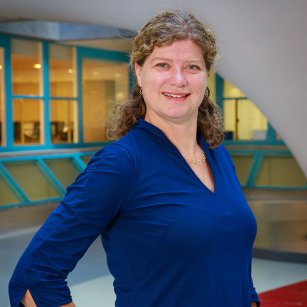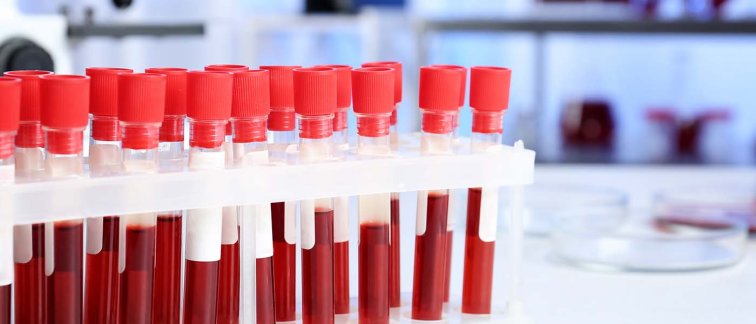The diagnosis of Alzheimer's disease (AD) is a complex process and is usually done at an advanced stage of the disease. However, research on AD-specific blood-based or cerebrospinal fluid biomarkers supports the development of diagnostic tests for early detection of AD.
Collaboration to speed development of diagnostic tests
The US-based company Quanterix Corporation and the Alzheimer's Drug Discovery Foundation (ADDF) have announced investments in the development of a multi-analyte plasma test. The ADDF will fund a series of prospective clinical trials to validate the test in collaboration with Amsterdam UMC and Alzheimer Centrum Amsterdam. Professor in Neurochemistry, Charlotte Teunissen, will lead these clinical studies.

The mission of the ADDF is to rapidly accelerate the discovery of drugs to prevent, treat and cure AD. It is the only public charity solely focused on funding the development of drugs for AD. Dr. Howard Fillit, Co-Founder and Chief Science Officer of the ADDF: “The ADDF is dedicated to accelerating the development of Alzheimer’s treatments, and designing better diagnostic tools is a key part of that mission. Innovative technology like Dr. Teunissen’s multi-marker blood test has the potential to facilitate early diagnosis in clinical practice and improve accuracy. Better diagnostics help to enroll the right patients in clinical trials, track their response to therapies, and accelerate research.”
Future of AD diagnosis
The diagnostic test that will be developed by the collaboration of Quanterix and Amsterdam UMC is intended to improve the diagnostics of people experiencing cognitive decline and report this to their physician. The main advantage of these diagnostic tests is that they are less stressful for patients and will make the diagnosis of AD easier in the future.
Kevin Hrusovsky, Chairman and Chief Executive Officer, Quanterix: “We are pleased to receive ADDF funding aimed at accelerating development of a multi-analyte test, as Alzheimer’s disease continues to be one of the largest threats to global public health, with an enormous economic toll. It’s now more important than ever to develop highly accessible diagnostic tests to aid in linking Alzheimer’s patients with emerging therapies at the earliest onset of disease.”
Explore the Quanterix’ Simoa technology. Or read more about Quanterix, The Alzheimer’s Drug Discovery Foundation, or the Diagnostic Accelator.

